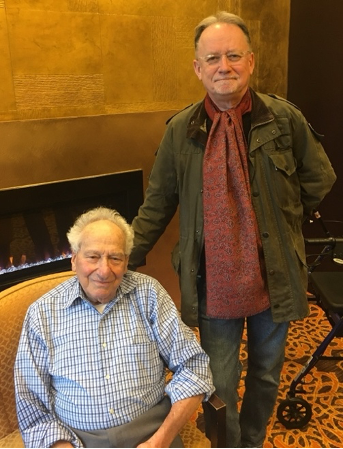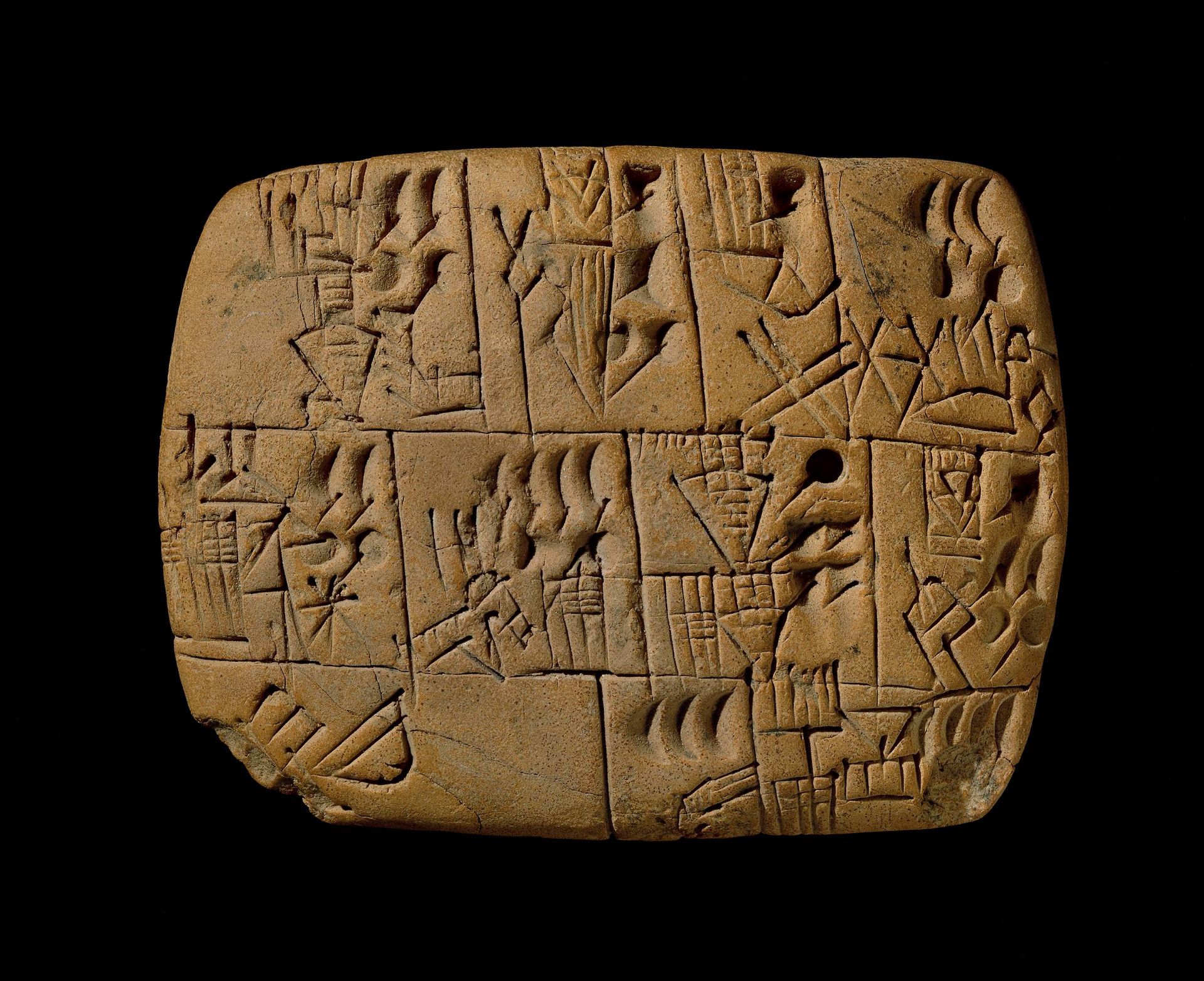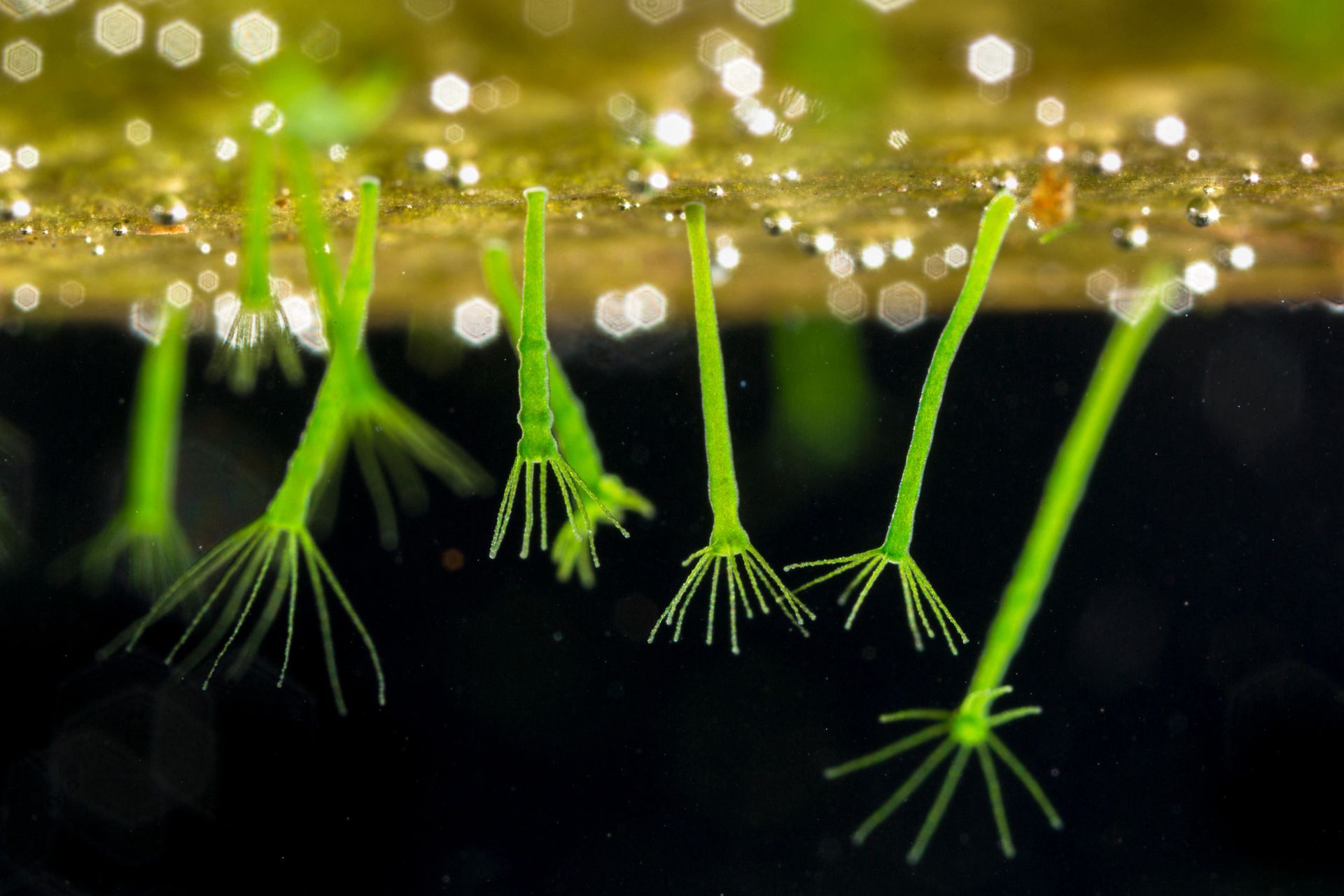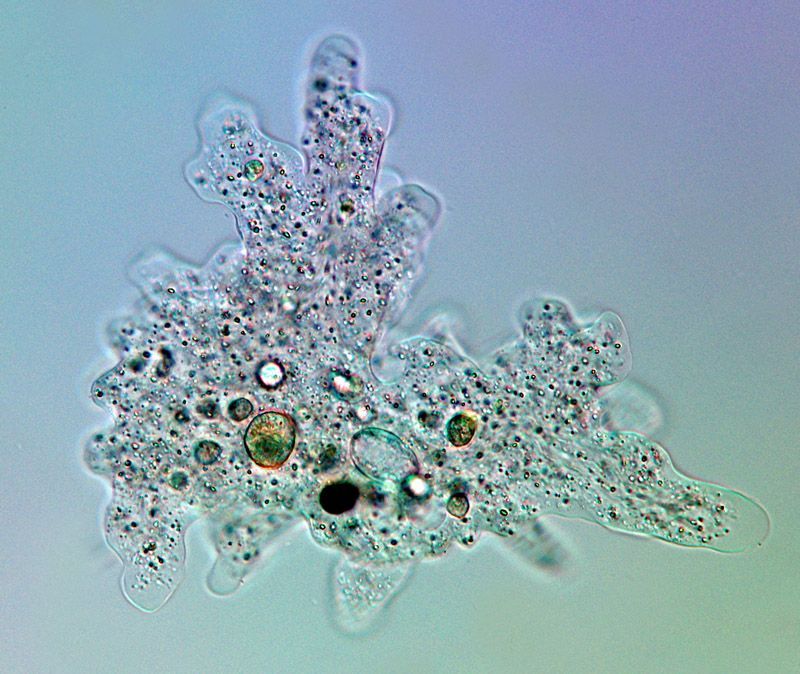Commencement Speech for Western Program 2021
Nik Money • May 16, 2021

In 1665, a 30-year-old scientist called Robert Hooke published this copperplate engraving in his masterpiece, Micrographia. Hooke’s readers were astonished by this image—and others of flies, fungi, feathers, and snowflakes—made with the aid of a primitive microscope. Everyone was irritated by fleas but had never seen them as more than specks. What nobody knew, and nobody would know for another 230 years, was that these tiny animals transmitted an even tinier organism—the bacterium that caused bubonic plague.
In the year that Micrographia was published, one fourth of London’s population died from this infectious illness. Wealthy Londoners fled the city, knowing only that getting away from people with the disease was the best way to avoid contracting it themselves. Quarantines were put in place, some saw the illness as God’s punishment, and others blamed the Dutch for spreading the disease. Human behavior changes little . . . but our science has advanced in the intervening centuries, allowing us to characterize the virus that caused our pandemic, to understand how it attacks our cells, and to develop vaccines in record time.
Returning to the 17th century, a blind 57-year-old man escaped from London with his third wife and moved into a cottage in the Buckinghamshire village of Chalfont St. Giles as the plague swept across the capital city. John Milton may have completed Paradise Lost in the cottage, this is unclear, but the principal creation during his pastoral retreat was its sequel, Paradise Regained. With each daybreak in the cottage, he whispered the next lines of his epic to himself, dedicating them to memory by repetition, and paused, now and then, to listen to the dawn chorus. Milton had survived the Civil War and imprisonment after the Restoration of the Monarchy, and he escaped the Great Plague to write the most sublime poetry in the English language.
Like Milton, we have survived a tempest. This is what he wrote in Paradise Regained:
And now the sun with more effectual beams
Had cheered the face of earth, and dried the wet
From drooping plant, or dropping tree; the birds
Who all things now behold more fresh and green,
After a night of storm so ruinous,
Cleared up their choicest notes in bush and spray,
To gratulate the sweet return of morn.
And in the wake of the storm, you will leave this pretty place to live deeply in all ways imaginable and unimagined. Each of you has succeeded creatively in your plague year and this is something to celebrate. I hope that you look back on this as a special time in your life, as something more than a misadventure. Thank you for trusting us to be part of your personal and educational journey.
Nicholas P. Money, Western Program Director
With head-scratching among consumers about the sources of medicinal mushroom products, a reliable definition of a mushroom seems useful. Clarity is important because many of these “medicinals” come from mycelia instead of mushrooms and their chemical composition can be quite different. Here is my two-part definition. Mushrooms are the fungal equivalent of the fruits produced by plants. They release microscopic spores rather than seeds. We often refer to mushrooms as fruit bodies. Mushrooms are the reproductive organs of fungi. Their spores germinate to form feeding colonies called mycelia that grow as networks of branching filaments called hyphae. Mushrooms develop from mature mycelia to complete the fungal life cycle.

“What I have done . . . is to make a constructive contribution to the global conversation of science and to gain some measure of insight into that great mystery, the origin of life . . . The way of science is for the best of our achievements to endure in substance but lose their individuality, like raindrops falling into a pond. So let it be.” Frank Harold (2016) Click here for the tribute in full
A screenplay by Matthew R. Riffle and Zackary D. Hill based on my 2017 novel, The Mycologist: The Diary of Bartholomew Leach, Professor of Natural History , was an official selection at the 2024 Ink & Cinema Adapted Story Showcase: https://www.inkandcinema.com/blogs/showcases/adapted-story-showcase Click here for brief excerpt from the novel
With news of R.F.K. Junior’s encounter with a parasitic worm, I invite you to sing along with me to the tune of “My Favorite Things”: Roundworms in most guts and hookworms in plenty Segmented tapeworms that make you feel empty Many amoebas and pinworms like strings These were a few of our nightmarish things. (From “Molds, Mushrooms, and Medicines,” page 111)
Species perform life cycles by transmitting distinctive collections of genes from one generation to the next. Individuals contribute to this process if they serve as biological parents, but there is no cycle for each of them, each human being, just a beginning and an end. Cells behaving as amoebas are conductors for the whole journey, sculpting the developing fetus, protecting the body from bacterial and fungal infection, repairing wounds, and removing worn out cells. Amoebas also destroy cancer cells until they turn cancerous themselves, spread tumors across the body, and extinguish one in six of us. All of these amoeboid human cells dig deep into the billion-year-old instructions in their genomes to activate the machinery for forming pseudopodia and flowing and feeding from place to place. From birth to death, womb to tomb, the body calls on its ancient amoeboid ancestry, just as it relies on its ciliary history to make sperm cells and the hairy cells that line the lungs and other organs. We are gigantic amalgams of the single-celled microbes that learned to crawl and swim in the mud and sunlit pools of the Precambrian.
If Kafka makes you laugh, this is for you: https://shepherd.com/bboy/2023/f/nicholas-p-money
As Homo sapiens races toward extinction, there is solace in recognizing that the rest of nature will be relieved by our departure. Adapted from The Selfish Ape which was published in 2019: If extraterrestrials had trained their microphones on Earth they would have detected a rise in the exclamations of animal life in recent millennia, building to a crescendo of moans and grunts from animals subjected to ritualized torture in stadia, bull rings and bear pits, augmented by the modern vivisection of rodents, cats and primates—terrified animals restrained in the lab and probed with instruments that would have taxed the pornographic inventiveness of the Catholic inquisitors. Factory farming is another way we torment the innocent. The philosopher Schopenhauer said: “Unless suffering is the direct and immediate object of life, our existence must entirely fail of its aim.” Today’s justifications for our loathsome behavior include the economic burden of treating animals more kindly and the medical necessity of experimentation. We rest, as always, on staggering hubris. It is always about us.



